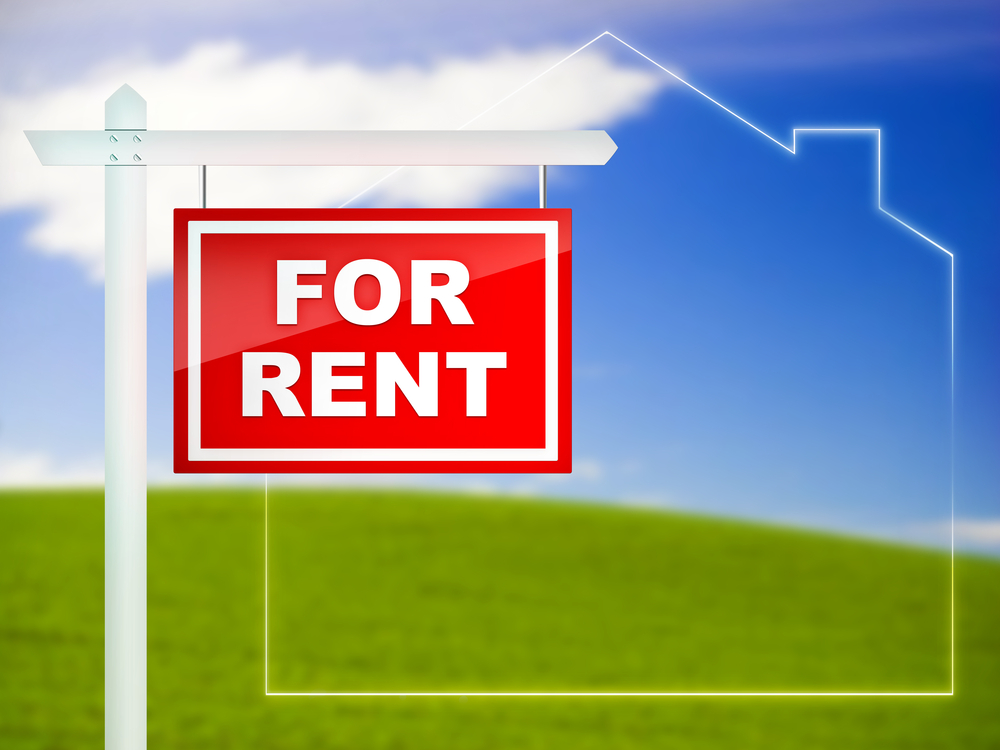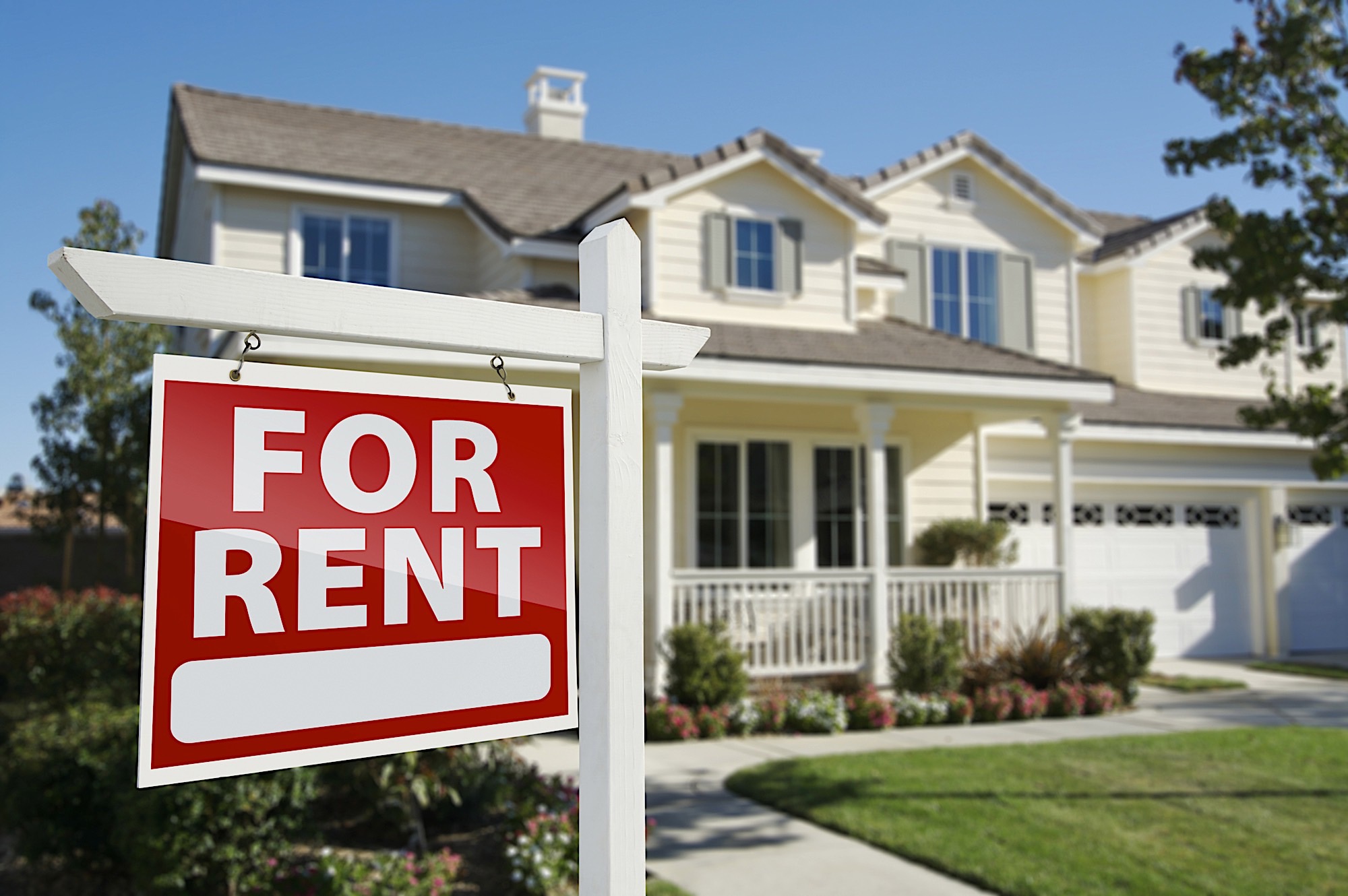Owning a rental property is one of the building blocks for long term wealth. If you run things right you can collect checks and build equity for as long as you own the property. As great as this scenario may be you also need to take time and consider the alternative. Regardless of your experience level there will be times when unexpected, unfortunate events happen. The more prepared you are the easier it is to brace for whatever comes your way. The minute you think things will never go wrong and you have this landlording thing figured out you will quickly find yourself in trouble. If you own a rental property here are five “what if” questions you constantly need to ask yourself.
- “What If I Have A Vacancy?” Depending on the number of units in the property a vacancy can completely cripple your business. On a single family property a vacancy is 100% of the income coming in. Even if you have multiple units a non-revenue producing unit will have an impact. There are two basic types of vacancies. One is when you know the end of the lease is coming and you cannot find a tenant. The other is when your tenant leaves unexpectedly in the middle of a lease. This situation is less likely but it does happen from time to time. In either event you need to have a contingency plan in place. This means having multiple months of your loan payment in reserves. This will allow you to soften the blow and find a new tenant without compromising your standards. Without reserves in place you will fall behind on your loan and within just a few months be staring at foreclosure.
- “What If There Is A Major Expense To Be Paid?” Not every rental is a fully updated, turnkey property. In fact it is much more likely that the property is in average condition at best. This means older appliances, an aging furnace, a shorter life span for the roof and other costly items. In much the same way as dealing with a vacancy you need to have a plan if something needs to be replaced in a pinch. Your tenant may be the nicest person in the world but if the furnace stops working in February they are going to demand that it is fixed. By not having an expense fund you open the door for numerous issues. The first is potential litigation by your tenant for negligence if the issue is completely ignored. The next is that desperation for capital will lead you to entertain above market interest rates just to put a band aid on the property. With higher interest rates you have higher monthly payments that will reduce your cash flow. Without reserves a major expense in the middle of a lease opens the door for a world of problems.
- “What If The Tenant Damages The Property?” It is amazing how many landlords rush their tenants into a new lease. Sure, they may have them fill out an application but they don’t do much more than that. Before a new tenant spends a day in your property you need to get some important information. For starters you need to get their full name, social security number, current employer, email address and phone number. Asking a tenant for their social security or work information may seem odd but it is one of the only ways you can protect yourself if the unexpected happens. The other, and more obvious way, is by collecting as much security deposit as your state allows. This is one area where you need to stand your ground. Regardless of how sweet a tenant may be you can’t let them live in the property with a security. By doing so you have very little recourse if they cause damage or decide to leave in a moment’s notice.
- “What If There Is A Weather Issue?” A majority of locations across the country face seasons of extremes. There is always some kind of weather issue that you need to deal with. In the summer there are high wind and potential lightning concerns. In the winter you need to deal with snow, ice, heavy tree limbs and frozen pipes. Dealing with any of these can be a nightmare. However the odds are that you will face one of them over the years. This is why it is so important to constantly look at your lease and your insurance coverage. Always max out your replacement coverage even if it means higher monthly premiums. As far as your lease run it by an attorney to make sure that you are covered in the event of a worst case scenario. Having strict lease language may cause you to lose an occasional tenant but this is better than losing your property if something happens.
- “What If I Need To Lower The Rent?” Rental markets fluctuate just like any other market. The demand you had for your rental the previous lease isn’t necessarily indicative of what will happen on your next one. It is important that you always have a backup plan for your rent price as you get closer to the lease end. If you need to make a reduction you need to know how low you can go where it is still comfortable for you. By not being proactive with a price reduction you may miss your window to find your next tenant. At a certain designated date on your calendar you should be ready to act or you may live with a bad lease for the next year.
How you react to issues with the property is the biggest part of being a landlord. You may have 350 days of bliss but those other 15 days will determine just how profitable your rental property is.







